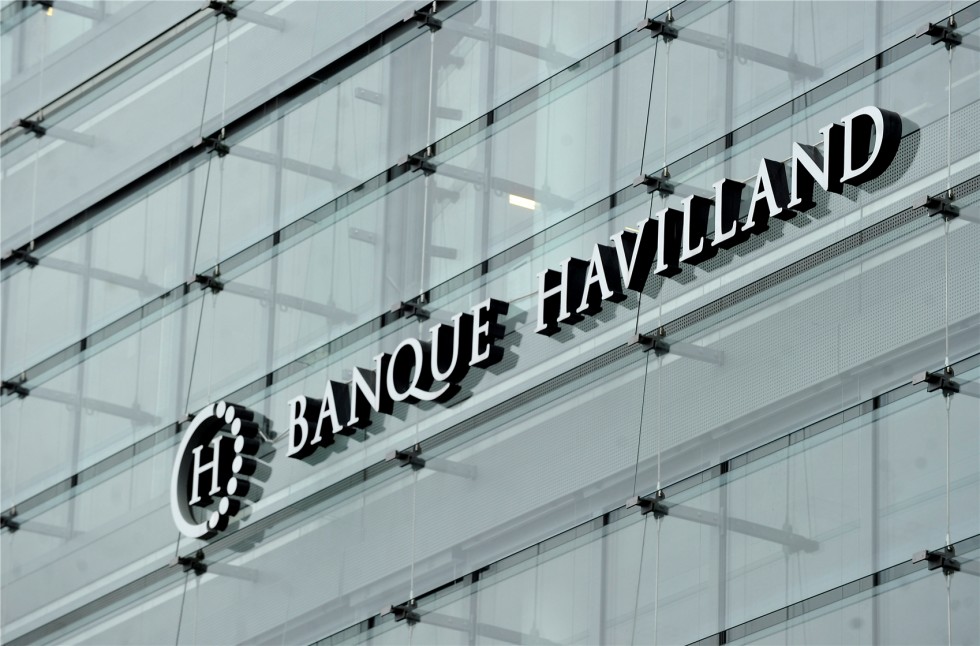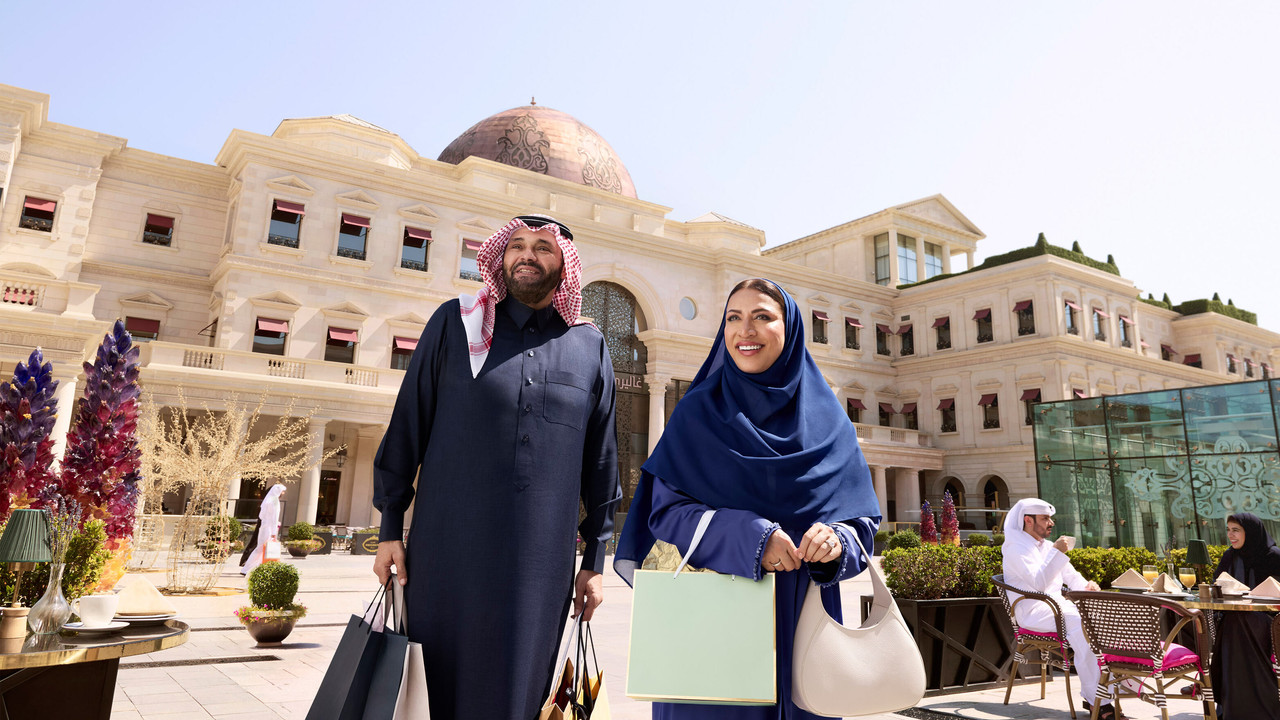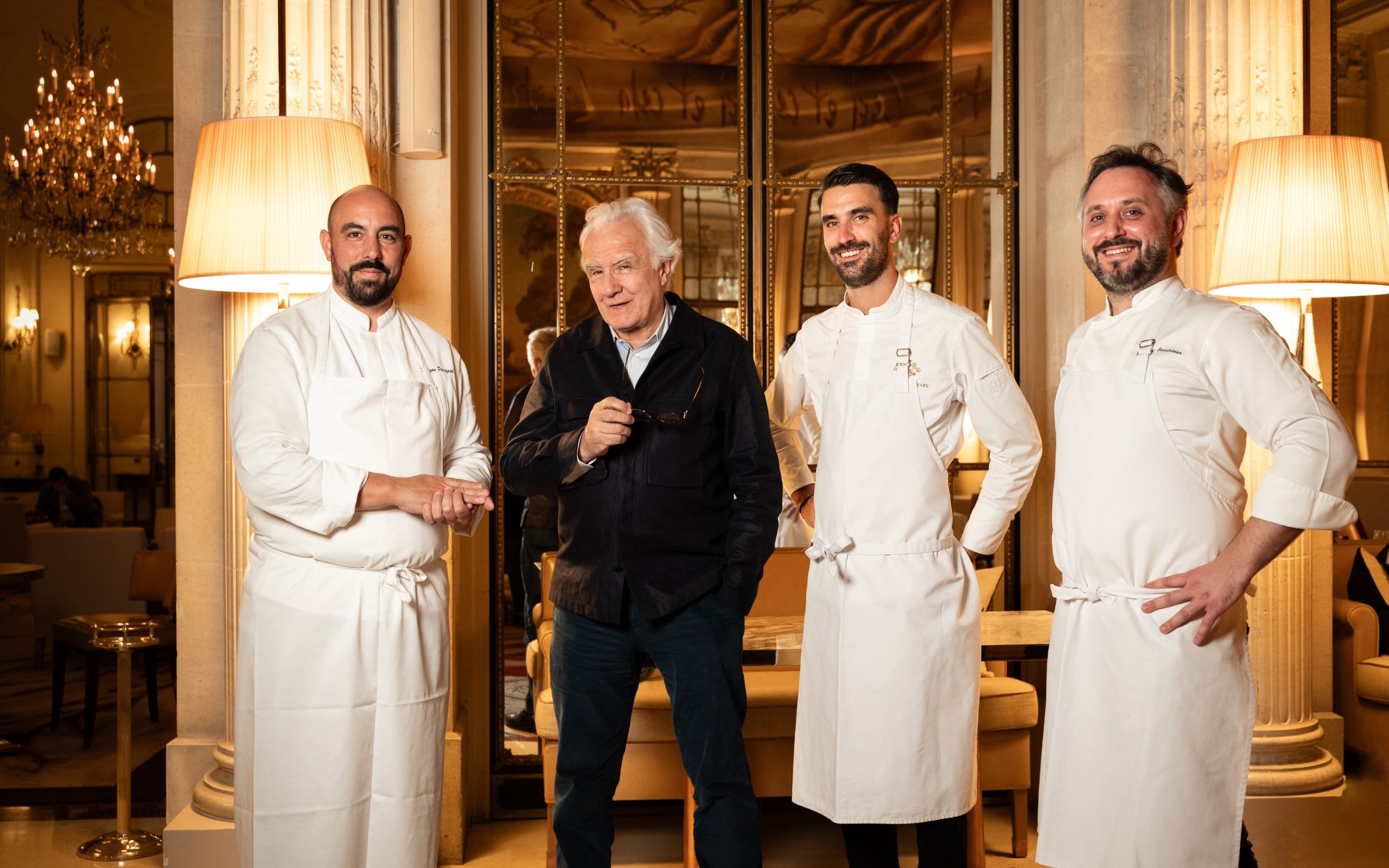Banque Havilland was accused of taking part in a financial attack against Qatar during the 2017 GCC crisis.
The son of a UK political party donor and his family-owned private bank are set to be censured by the country’s financial watchdog following a probe into their role in attempting to undermine Qatar’s financial system, Bloomberg reported.
Conservative Party donor Edmund Rowland and Luxembourg-based Banque Havilland SA were both involved in a financial attack against Qatar in the months leading up to the worst regional crisis in 2017, according to a court filing.
However, both Rowland and the Luxembourg-based private bank have launched an appeal with the UK’s Upper Tribunal, against the Financial Conduct Authority (FCA)’s findings.
“I refute the FCA allegations in full,” Edmund Rowland said in an email to Bloomberg. “I am challenging them in the independent tribunal.”
Banque Havilland has not yet issued a statement on the matter.
During the regional rift, Saudi Arabia, the UAE, Bahrain and Egypt imposed an illegal air, land and sea blockade on Qatar over baseless accusations that Doha was supporting terrorism—claims it vehemently denied.
At the time, banks from the UAE and Saudi Arabia had orchestrated attacks on Qatar’s economy in efforts to also damage its ability to host the highly-anticipated 2022 FIFA World Cup.
Banque Havilland was accused of taking part in that financial attack though that UK lawsuit has now been settled.
Last year, the FCA, which conducted the probe against both parties, said the bank gave “improper advice” in a presentation for the chief executive officer of a United Arab Emirates sovereign wealth fund outlined “manipulative trading practices aimed at creating a false, or misleading, impression as to the market in or the price of Qatari bonds.”
“In creating and disseminating the presentation, Banque Havilland exposed itself to the risk it might be used to further financial crime,” read the British Financial Conduct Authority’s (FCA) notice, as quoted by Bloomberg at the time.
Qatar was forced to inject money into its economy during the blockade as part of a “massive fiscal intervention” to deal with the crisis.
The Gulf state’s central bank liquidated assets and poured $1.6 billion into the economy while the Qatar Investment Authority deposited some $20 billion with domestic banks, Bloomberg reported.
Qatar took action against banks in New York and London in 2019, for launching “a campaign of financial warfare” on Doha.
The New York lawsuit was filed against the First Abu Dhabi Bank and Saudi Arabia’s Samba Bank, over similar accusations.
A separate report published by Bloomberg in 2020 found direct links between the Abu Dhabi Crown Prince Mohammed bin Zayed, commonly known as MBZ, and Banque Havilland during the time of the GCC dispute.
The news agency found that the bank created a presentation in 2017 that had planned the manipulation strategy and was sent to MBZ by former MI6 agent, Will Tricks.
In the initial court claim, Qatar sought over £100 million (at least $130 million) from the Emirati banks after it accused them of becoming “unjustly enriched” through manipulating the Qatari riyal’s indices in New York.
Furthermore, Qatar claimed that Emirates NBD Bank and Abu Dhabi Commercial Bank caused damage to Doha and its citizens by “unlawfully” interfering in its economic interests even before July 2017.
However, authorities in Doha last year settled the lawsuit against Emirates NBD Bank PJSC and Abu Dhabi Commercial Bank PJSC.







